🚨 Burnout Isn’t a Badge of Honor—It’s a Business Risk
You’ve worked hard to get where you are. But lately, something feels off.
The focus that once came effortlessly feels like it’s fading. The energy to drive big decisions seems to be running on fumes.
You tell yourself that burnout is the price of success and just part of the game—and to some degree for high-earners, it’s true.
But what if burnout is actually holding you back?
Here’s the real question: If your wealth isn’t giving you flexibility and freedom, what’s it really doing for you?
Today, we’re talking burnout prevention financial strategies—moves you can make now to buy yourself time, space, and a better quality of life.
🔥 Taking Back Control Without Sacrificing Success
Meet David. He’s 47, a C-suite executive, and by all standard measures, he’s made it.
But work has dominated his life for two decades, and now he’s drained—stuck in a cycle where stepping back feels impossible.
“I can’t get off the rocket ship now—then everything I’ve been working at will be for nothing.”
For David, the answer was using his financial position to create breathing room. It started with three key moves:
1️⃣ Build a Financial Buffer—“Pause Without Panic” Money
He created a 6–12 month cushion that gave him real options. Instead of waiting for burnout to force a decision, he mapped out a sabbatical like any other financial investment.
2️⃣ Reimagine Career Pace
Hybrid retirement isn’t an on/off switch. David restructured his work life: advisory roles, board positions, consulting gigs—still earning, but with less intensity.
3️⃣ Understand the True Burn Rate
What’s your actual monthly cost to live well—not survive, but truly live? David realized he was earning $450K but only needed about $15K/month for his dream lifestyle. His investments were already generating $9K/month. His savings could buy him a decade to figure out the next phase.
The result? He didn’t need to grind anymore. He created a career that didn’t drain him—one that supported his lifestyle without burning him out.
🛑 Success Doesn’t Need to Be a Moving Target
What does winning look like for you? More time with family? Exploring passions you’ve put on hold? If your current reality isn’t aligned with those priorities, it’s time to redefine success.
Ask yourself:
- If your income doubled tomorrow but your workload stayed the same, would you feel relief—or dread?
- If your calendar was wiped clean next month, would you recreate your current schedule—or choose something new?
- If someone silently observed your life, would they see what you truly value?
High achievers often chase a vague idea of “enough.” Without a defined target, external forces will move the goalposts for you.
Take Terry, for example. She scaled down to a Fractional CMO role, earning 35% less but gaining full control over her time. She invested in:
- A personal trainer
- An executive coach
- A virtual assistant for personal life tasks
- Dedicated recovery time built into her calendar
If you’re comfortable betting millions on your company, why hesitate to bet big on yourself?
LeBron James spends over $1 million annually to optimize his body—not because he’s an athlete, but because he knows performance is everything.
If your ability to earn, create, and lead is your greatest asset, then investing in your energy and clarity isn’t indulgent—it’s strategic.
Making Sense of Executive Burnout Planning
Burnout will negotiate for you—unless you do it first.
Treat your own well-being with the same strategic rigor you apply to growing a business.
✅ Prioritize liquidity over long-term assets. Fancy portfolios mean little if cash flow bottlenecks your freedom. Build liquidity through short-term Treasuries or high-yield savings.
✅ Build a tactical burnout exit plan:
- Calculate your real burn rate and ideal lifestyle cost.
- Define your financial runway—how long could you pause without panic?
- Diversify active cash flow: consulting gigs, board seats, dividends.
- Diversify passive income: dividend ETFs, bond ladders, rental properties.
✅ Automate and delegate: Use fractional assistants and work with financial advisors to optimize time and decisions.
✅ Plan for tax efficiency in low-income years: Lower-income windows open opportunities to save significantly on future taxes.
Burnout isn’t inevitable. It’s optional when you use wealth as a tool, not just a scoreboard.
Design your life to support your performance—not just demand it.
